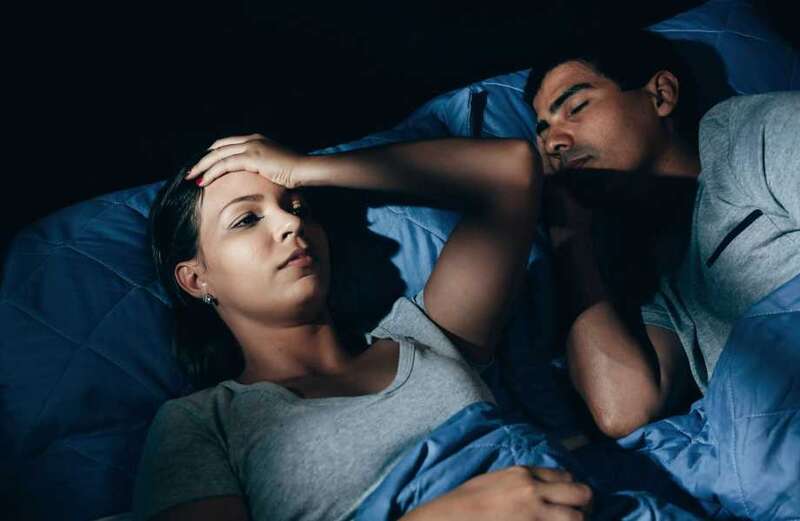ULTRA-processed foods have gained a bad rap for their links to obesity, diabetes and even cancer.
But new research suggests popular products like ready meals, fizzy drinks and energy bars could also be to blame for sleep issues and chronic insomnia.

UPFs are foods that have been heavily altered from their original state and have have a number of ingredients and additives you wouldn't use in home cooking.
They typically contain added sugar, salt and fat, as well as chemical additives like sweeteners, emulsifiers and colours, but tend to be low in vitamins and fibre.
Mounting evidence has linked these foods to a higher risk of obesity, heart disease, diabetes and bowel cancer, with junk food linked to 32 illnesses in recent research.
 From tongue scraping to saying no, here are 12 health trends to try in 2023
From tongue scraping to saying no, here are 12 health trends to try in 2023
Now, researchers from Sorbonne Paris Nord University in France say the health effects of UPFs could encroach onto our sleep too, linking 'junk' food to chronic insomnia.
They found a statistically significant association between eating UPFs and chronic insomnia, after analysing the diets and sleep patterns of almost 40,000 adults.
When data is statistically significant, it means results can't be explained by chance alone.
Lead investigator Marie-Pierre St-Onge, a nutrition and sleep scientist at Columbia University, said: “At a time when more and more foods are highly processed and sleep disturbances are rampant, it is important to evaluate whether diet could contribute to adverse or good quality sleep.
“Our research team had previously reported associations of healthy dietary patterns, like the Mediterranean diet, with a reduced risk of insomnia and poor sleep quality, and high carbohydrate diets with an elevated risk of insomnia."
Around one in three people will experience trouble with falling and staying asleep in their lifetime, which is characterised as chronic insomnia if it lasts for longer than three months.
The team trawled through data collected on 38,570 adults as part of the NutriNet-Santé research project.
Data was collected every six months between 2013 and 2015 from participants, who completed multiple 24-hour dietary records and provided information on insomnia their symptoms.
Overall, participants got about 16 per cent of their daily energy from UPFs, while 19.4 per cent reported chronic insomnia.
Significantly, people who suffered with chronic insomnia tended to consume higher amounts of UPFs.
 I'm a nutritionist - here's the 10 best diet trends to help lose weight in 2023
I'm a nutritionist - here's the 10 best diet trends to help lose weight in 2023
The between higher UPF intake and insomnia was slightly higher in men than women, thought it was evident in both.
Researchers said their result makes sense in the context of previous research on the link between diet and sleep.
People who consume higher amounts of UPFs also tend to eat fewer fruit, vegetables, legumes, and seafood, all of which have been shown to promote sleep, researchers said.
"Indeed, prospective research has shown that individuals adhering to nutrient-dense and fibre-rich diets, such as the Mediterranean diet, have better sleep health and lower risk of insomnia," they wrote in a study published in the Journal of the Academy of Nutrition and Dietetics.
"In contrast, [...] an increased intake of added sugars, starch, and refined grains (all present in UPF), have been suggested as independent risk factors for insomnia incidence."
The team noted a few limitations to their research, including that it relied on self reporting about diets and sleep.
They also weren't able to confirm that UPF consumption causes insomnia, only that the two are linked, as the study was observational.
Epidemiologist Pauline Duquenne from Sorbonne Paris Nord University, said: "While data do not establish causality, our study is first of its kind and contributes to the existing body of knowledge on UPF.”
The study team recommended that future research examine the association of UPF consumption and poor sleep over time.
But they advised that people with sleep difficulties may consider examining their diet to determine whether UPFs could be contributing to their sleep issues.



































